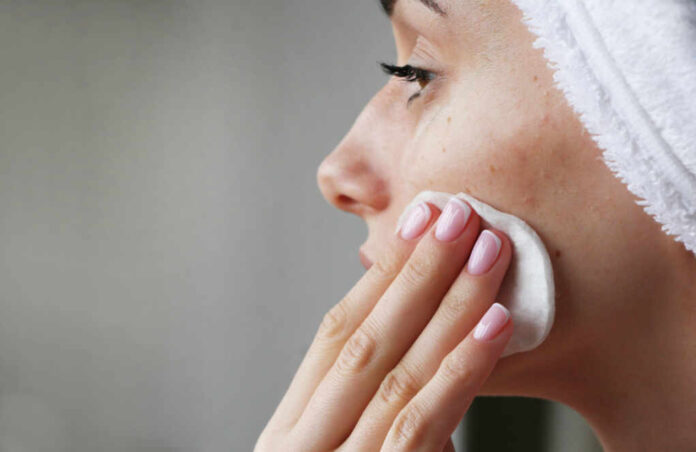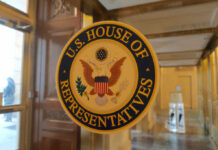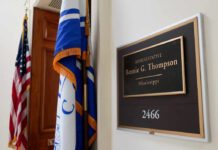
A lab that tests pharmaceutical drugs has announced the discovery of a chemical linked to cancer that is found in many prescription and over the counter acne treatments.
Valisure, an independent lab in Connecticut that conducts safety tests on pharmaceuticals and consumer products, announced on March 6 that a carcinogen called benzene was found in alarming levels within benzoyl peroxide-based treatments for acne.
The lab reported that concentrations of the cancer-causing chemical were found in amounts hundreds of times higher than what is permitted by the federal Food and Drug Administration (FDA). Valisure has called on United States health authorities to recall multiple treatment products for acne that contain benzoyl peroxide.
The chemical compound allows for benzene to form when its products are exposed to higher temperatures, either in storage or when being used by consumers. According to a press release from the lab, the benzoyl peroxide-based acne treatments are “fundamentally unstable” due to the risk of forming benzene with temperature changes.
The lab stated that, in addition to being “produced in the product itself,” benzene threatens to “escape into the surrounding air.” The testing conducted by Valisure declared 50 degrees Celsius (or 122 degrees Fahrenheit) as the chemical’s “stability temperature.”
However, in studying 66 different products containing benzoyl peroxide over the course of 18 days, the lab found more than 1,500 parts per million (ppm) of benzene in two acne treatments, 100 ppm in 17 and more than 10 ppm in 42.
These results show that consumer products containing benzoyl peroxide could allow for the formation of “over 800 times the conditionally restricted FDA concentration limit of 2 parts per million (ppm) for benzene.
The tested products came in various forms of acne treatment, such as creams, gels, lotions, bars and washes. The products were also from well known brands, including Clearasil, Clinique, Proactiv and Target’s Up & Up.
High levels of cancer-causing chemical benzene were detected in some acne treatments from brands including Estee Lauder's Clinique, Target's Up & Up and Reckitt Benckiser-owned Clearasil, said independent U.S. laboratory Valisure. https://t.co/a0IWCkmO0J pic.twitter.com/lsesp9Xxso
— NEWSMAX (@NEWSMAX) March 7, 2024
David Light, Valisure’s co-founder, explained that the test results indicate a problem that “broadly affects” products containing the chemical compound, including over the counter and prescription treatments. He added that the issue “necessitates urgent action.”




























